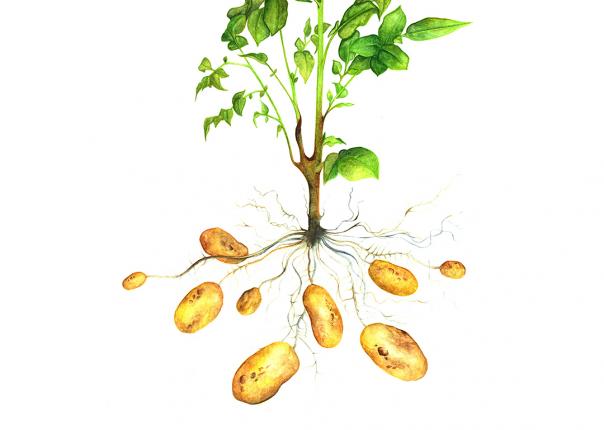
UKRI works in partnership with universities, research organisations and the Government to create the ‘best possible environment’ for research and innovation.
Globally one third of food produced across the whole food chain is wasted. In the UK 51% of food is wasted before it reaches consumers through agriculture, post-harvest or the distribution phase.
Professor Carol Wagstaff, University of Reading said: “The sad fact is that fruit and vegetable waste accounts for the largest proportion of all food not being eaten in the UK.
“Fruit and veg is a major component in a healthy diet so this new funding is a helpful boost to support research to ensure that more of the food we grow ends up being consumed.
“The aim of the proposed Quality and Food Loss Network for Horticulture is to act as the leading collective voice for the UK horticultural and postharvest research community. We look forward to working alongside a really wide range of researchers in innovative areas as well as policy makers and industrial partners to help them turn research into benefits for consumers.”
A ‘significant proportion’ of food loss relates to the physiology of crops and poor control of post-harvest biology.
Professor Leon Terry, director of environment and agrifood at Cranfield University, added: “Cranfield University has a long history of reducing postharvest food losses and as such we are delighted to be leading this network with UKRI and University of Reading.
“The network will allow us to better harness our national scientific talent to help achieve Sustainable Development Goal 12.3 to halve per capita global food waste and reduce food losses.”
The new £500,000 network is set to cut food waste and improve the quality of horticultural and potato crops.
Karen Lewis, executive director of Innovation at UKRI’s Biotechnology and Biological Sciences Research Council (BBSRC), commented: “Bioscientists in the UK and around the world can play a vital role in meeting the challenge of cutting food waste.
“Through this new network BBSRC will link science and business to propose and analyse new approaches to tackle this key issue. Its outputs will be part of a global effort to address food security.”